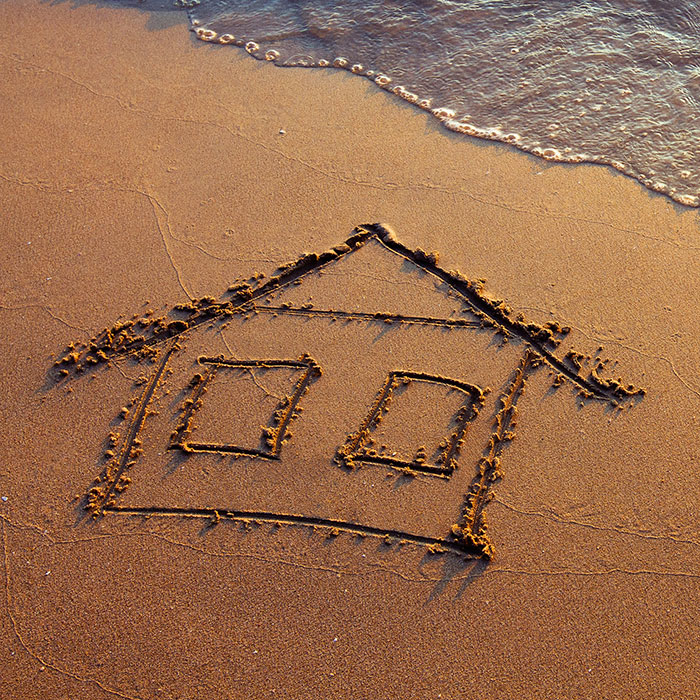Buying a second property with a mortgage
Although it can be more difficult to find and get approved for a mortgage for a second property, you can use a second home mortgage for a range of purposes.
If you are buying a second property that will become your main home, make sure to inform HM Revenue and Customs (HMRC) first. This is to ensure you avoid paying Capital Gains Tax (CGT) should you wish to sell the property later.
CGT is a tax that you pay when selling most things you own worth over £6,000, apart from your car. It also applies property, but only on the property that isn’t your ‘main home’.
You could also get a mortgage to buy a second property to use as a holiday home. If the property is abroad then mortgage lenders are likely to be stricter with their terms. This is because many mortgage lenders see an added risk caused by potentially fluctuating currency prices and the unfamiliar property markets and laws.
Whether the holiday home is in the UK or elsewhere, you will need to indicate if you plan to rent out the property or use it for yourself, as this will determine how much you are likely to need to pay the mortgage repayments each month.
This rule similarly applies if you are taking out a second home mortgage for a buy to let investment.
How do I get a second home mortgage and how much deposit for second home?
The first thing to check is if your credit score has changed since taking out your first mortgage.
Secondly, ensure you have enough money in the bank to handle the cost of buying a second property. Many second home mortgages require at least a 25% deposit.
In addition to this, your income will be even more important in the application for a second home mortgage. This is because interest rates are usually higher when getting a mortgage to buy a second property. That means your monthly mortgage repayments could be higher than what you are currently paying on your first mortgage.
It should also go without saying that your existing mortgage repayments will form part of your financial assessment when applying for a second home mortgage.
As with any other mortgage, you will need to work out if you want a fixed rate or variable deal. Assess if you can afford the risk of taking a variable rate mortgage, or if the fixed deal will work out cheaper even after it ends. It’s also important to remember that you will still have to pay all the same fees of buying a house, including the mortgage arrangement fee.
Finally, you will have fewer options on the mortgage market if you are looking for a second home mortgage. Not all lenders offer them, and the range is not as varied as it usually is when applying for a first mortgage. That’s why we suggest you contact us and keep it – simple!

